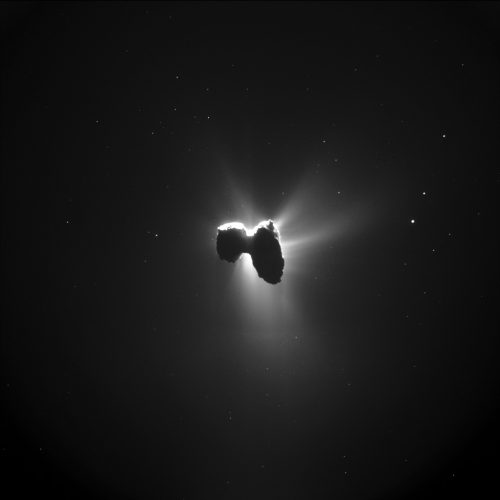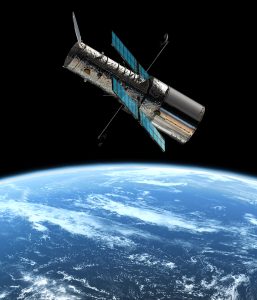European Space Agency

The European Space Agency (ESA) is Europe’s gateway to space. Its mission is to shape the development of Europe’s space capability and ensure that investment in space continues to deliver benefits to the citizens of Europe and the world.
ESA is an international organisation with 23 Member States: Austria, Belgium, Czech Republic, Denmark, Estonia, Finland, France, Germany, Greece, Hungary, Ireland, Italy, Luxembourg, the Netherlands, Norway, Poland, Portugal, Romania, Slovenia, Spain, Sweden, Switzerland and the United Kingdom. Canada takes part in some projects under a Cooperation agreement.
Bulgaria, Cyprus, Lithuania, Latvia and Slovak Republic are ‘European Cooperating States’. Other countries have signed cooperation agreements with ESA.
By coordinating the financial and intellectual resources of its members, it can undertake programmes and activities far beyond the scope of any single European country.
ESA’s job is to draw up the European space programme and carry it through. ESA’s programmes are designed to find out more about Earth, its immediate space environment, our Solar System and the Universe, as well as to develop satellite-based technologies and services, and to promote European industries. ESA also works closely with space organisations outside Europe.

ESA’s headquarters are in Paris which is where policies and programmes are decided. ESA also has sites in a number of European countries, each of which has different responsibilities: EAC, the European Astronauts Centre in Cologne, Germany; ESAC, the European Space Astronomy Centre, in Villafranca del Castillo, Madrid, Spain; ESOC, the European Space Operations Centre in Darmstadt, Germany; ESRIN, the ESA centre for Earth Observation, in Frascati, near Rome, Italy; ESTEC, the European Space Research and Technology Centre, Noordwijk, the Netherlands and ECSAT, the European Centre for Space Applications and Telecommunications, Harwell, Oxfordshire, United Kingdom.
ESA also has liaison offices in Belgium, USA and Russia; a launch base in French Guiana and ground/tracking stations in various parts of the world.
ESA’s mandatory activities (space science programmes and the general budget) are funded by a financial contribution from all the Agency’s Member States, calculated in accordance with each country’s gross national product. In addition, ESA conducts a number of optional programmes (human spaceflight, exploration, Earth observation, telecommunications, launchers, navigation, operations and technology). Each Member State decides in which optional programme they wish to participate and the amount they wish to contribute.
